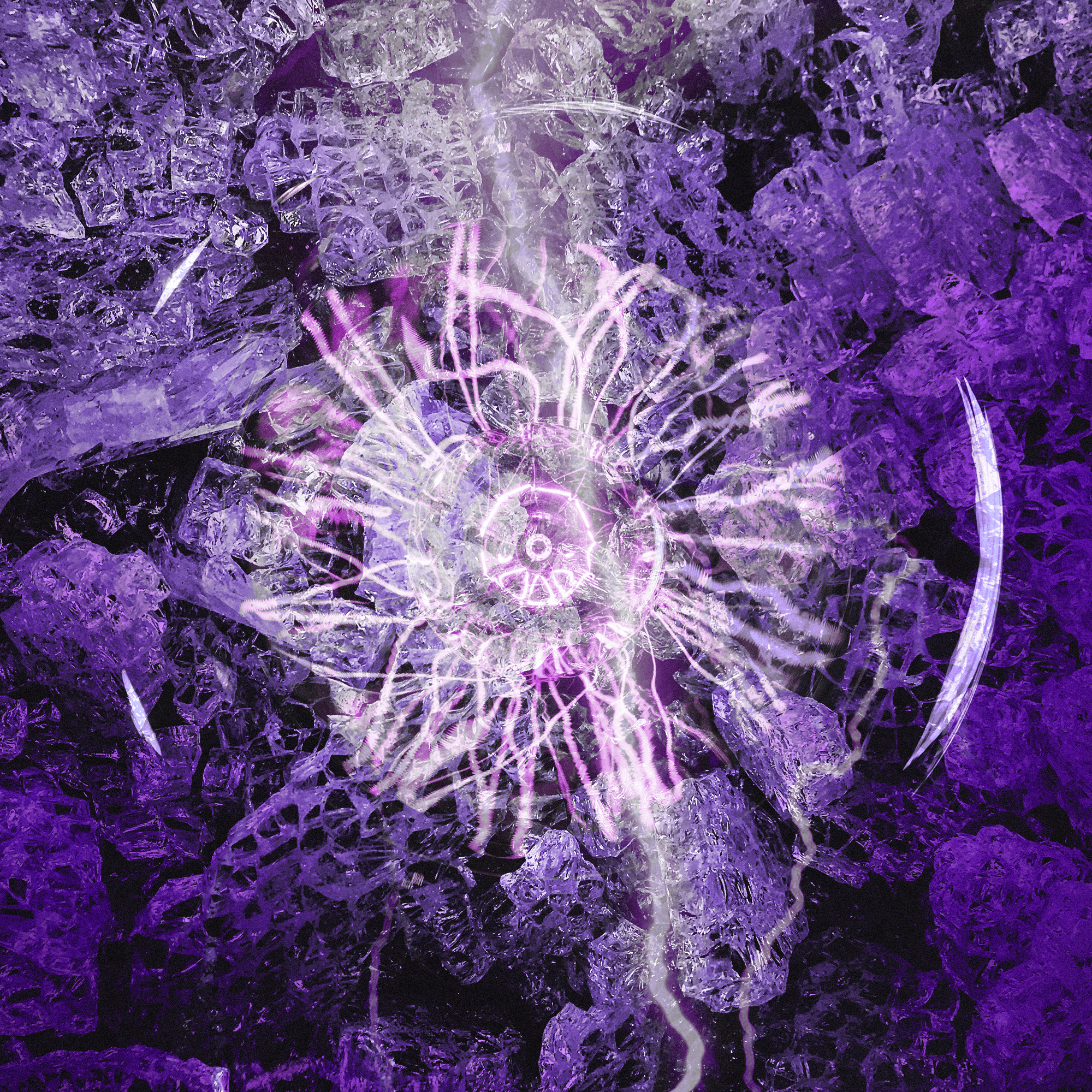We’re interested in human and artificial intelligence. We use artificial intelligence (AI) to better understand and care for the human brain, and in study the human brain to build better AI.
We believe that investigations into the nature of artificial intelligence and human intelligence are fundamentally the same, and that by attempting to build better artificial intelligence we will discover fundamental insights into the key mechanisms behind human intelligence.
These investigations will augment our clinical work in treating neurological disorders and cancer, and lead the transition from ML guided investigations to ML guided interventions.
Summer 2021 - Gujarati cuisine outing (Inaugural lab event)
Our goal is to have real world impact. Be it developing tools that will be deployed to save lives, or innovating new AI technologies that will make machines more intelligent, we want to see our research realized as technologies that change the world for the better.
RESOURCES
All lab members are equipped with a workstation with two of the latest nVidia GPUs, and our team has a dedicated cluster of 3x 8xA100 nodes connected by nVLink in addition to access to NYULangone’s HPC resource BigPurple which mounts over 200 V100s.



















